All Formats & Editions

The Midlander
"The Midlander" by Booth Tarkington is a poignant exploration of Midwestern life, capturing the essence of a bygone era with its rich characters and timeless themes. In this compelling novel, Tarkington masterfully depicts the intricacies of small-town existence, where the heartbeat...
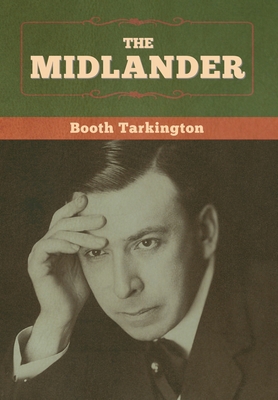
The Midlander
Newton Booth Tarkington (July 29, 1869 - May 19, 1946) was an American novelist and dramatist best known for his novels The Magnificent Ambersons and Alice Adams. He is one of only four novelists to win the Pulitzer Prize for Fiction more than once, along with William Faulkner,...
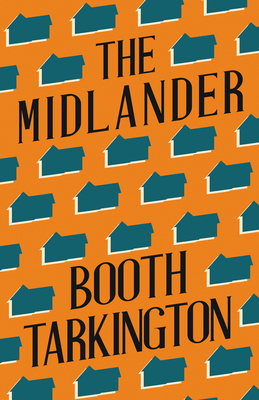
The Midlander
The third installment in Booth Tarkington's "Growth Series", "The Midlander" is a 1923 novel by Booth Tarkington. The story continues exploring the rapid development of the Unites States through the eyes of the Ambersons, a declining aristocratic family living in Indianapolis...

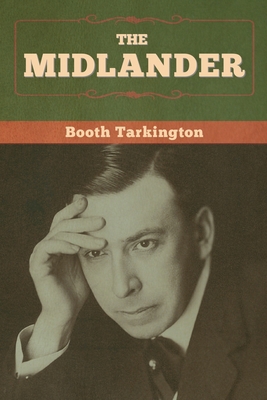
The Midlander
Newton Booth Tarkington (July 29, 1869 - May 19, 1946) was an American novelist and dramatist best known for his novels The Magnificent Ambersons and Alice Adams. He is one of only four novelists to win the Pulitzer Prize for Fiction more than once, along with William Faulkner,...
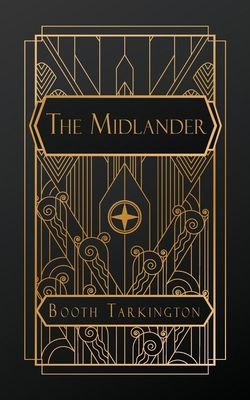
The Midlander
In The Midlander, Booth Tarkington explores the transformation of an American city through the eyes of Dan Oliphant. Set against the backdrop of industrial progress, this compelling narrative delves into ambition, family dynamics, and the relentless pursuit of the American...
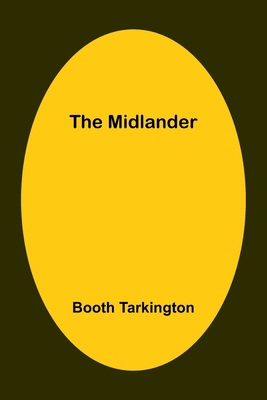
The Midlander
The Midlander, has been considered important throughout human history. In an effort to ensure that this work is never lost, we have taken steps to secure its preservation by republishing this book in a modern format for both current and future generations. This complete book...
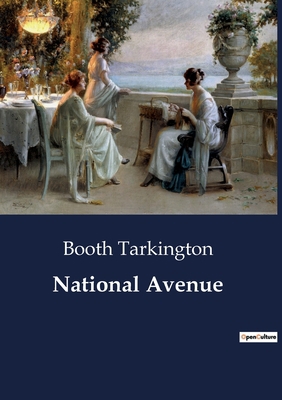
National Avenue
National Avenue, originally titled The Midlander, is Booth Tarkington's final entry in his Growth Trilogy. Like the previous entries in the series, National Avenue addresses the rapid industrialization of small-town America at the turn of the century, and the socioeconomic changes...

The Works of Booth Tarkington - The Midlander- ...

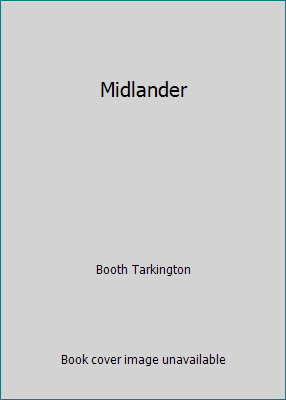
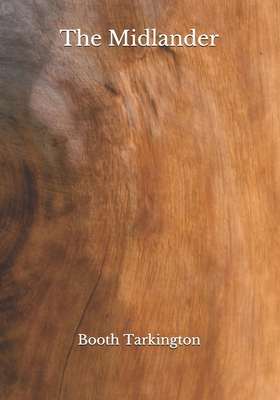
The Midlander
PEOPLE used to say of the two Oliphant brothers that Harlan Oliphant looked as if he lived in the Oliphants' house, but Dan didn't. This was a poor sort of information to any one who had never seen the house, but of course the supposition was that everybody had seen it and was...




